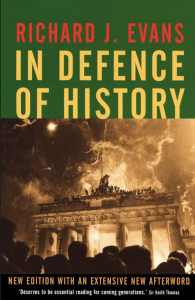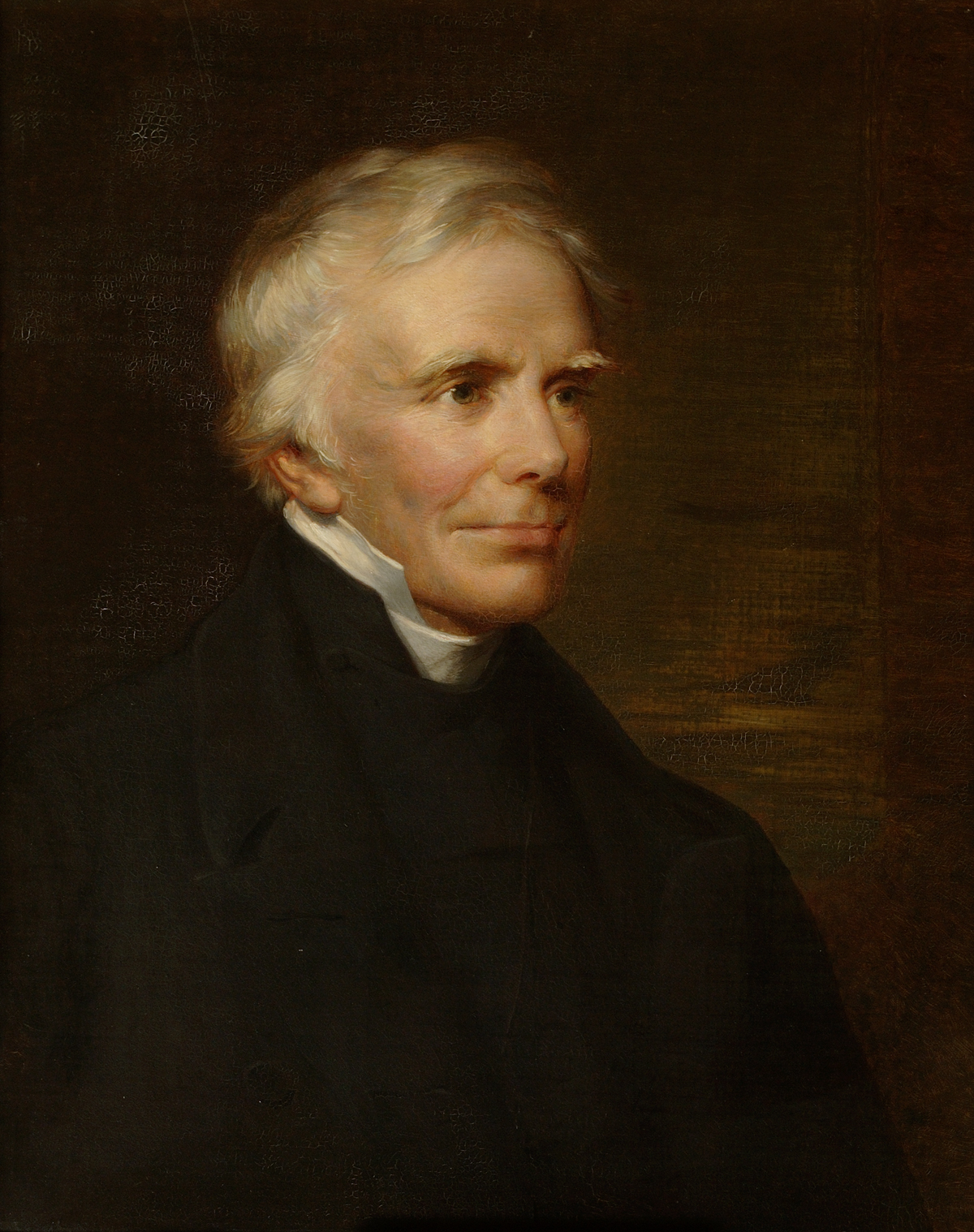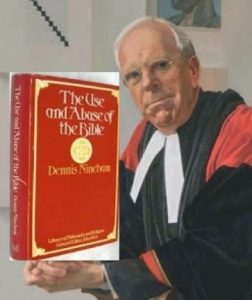.
| This post concludes my series on Crossley’s Why Christianity Happened: A Sociohistorical Account of Christian Origins (26-50 CE).
The previous post is here. All posts on this book, both the recent ones from 2014 and those from 2010-11, are archived here. |
.
Misguided equivalence
How is one meant to respond to the words of a secular historian who says it would be “foolish and arrogant” to claim that his approach is “inherently superior” to one used by a Christian apologist? How is it possible for a secular rationalist to engage with a faith-grounded apologist as if both perspectives should be evaluated on an equal footing? Does the virtue of “mutual tolerance” require persons with opposing intellectual agendas to somehow find a way to exchange views constructively and productively? Does the pointlessness of “preaching to the converted” mean one’s efforts to exchange ideas among others with a similar philosophical outlook is also pointless?
Imagine the impact if more and more nonreligious, secular-minded historians were to become NT scholars. But if such a hypothetical collection of scholars were to make its impact felt, there must be mutual tolerance and the avoidance of . . . preaching to the converted. It would be foolish and arrogant to claim that one approach is inherently superior to opposing ones. . . . (p. 32)
How can a nonreligious, secular-minded historian possibly not claim his or her approach is inherently superior to an opposing one that “proves” the bodily resurrection of Jesus?
How can a leopard change its spots? How can the Christian apologists ever agree that their methods and faith-assumptions are not superior to those of the secular-minded nonreligious rationalist? What would be the point of being a secular-rationalist if one did not believe that such an outlook was indeed superior to the methods that are justified by faith?
 Crossley confuses particular historical methods and approaches with the philosophical underpinnings most of them have in common: a belief that testable knowledge is more reliably accumulated through secular-rational methods rather than through enquiry guided by and seeking to serve the agenda of religious faith:
Crossley confuses particular historical methods and approaches with the philosophical underpinnings most of them have in common: a belief that testable knowledge is more reliably accumulated through secular-rational methods rather than through enquiry guided by and seeking to serve the agenda of religious faith:
Richard Evans has pointed out that the history of history is littered with examples of different hegemonic claims by a given historical theory or practice wanting to dominate the world of historical study but usually ending up as legitimate subspecialities.
Richard Evans was not addressing faith-histories versus secular histories. He was referring to the various approaches within secular history: postmodernists, psychohistorians, Marxists, feminists, social historians. Crossley has badly misunderstood and misapplied Evans’ point. (See Kindle version of Evans’ In Defence of History, locations 2744 and 3688)
It is not a question of one new method claiming hegemony only to be sidelined to a subspeciality. The real issue is well expressed by Niels Peter Lemche: Continue reading “A Secular Approach to Christian Origins Compromised by Faith and Theology”


